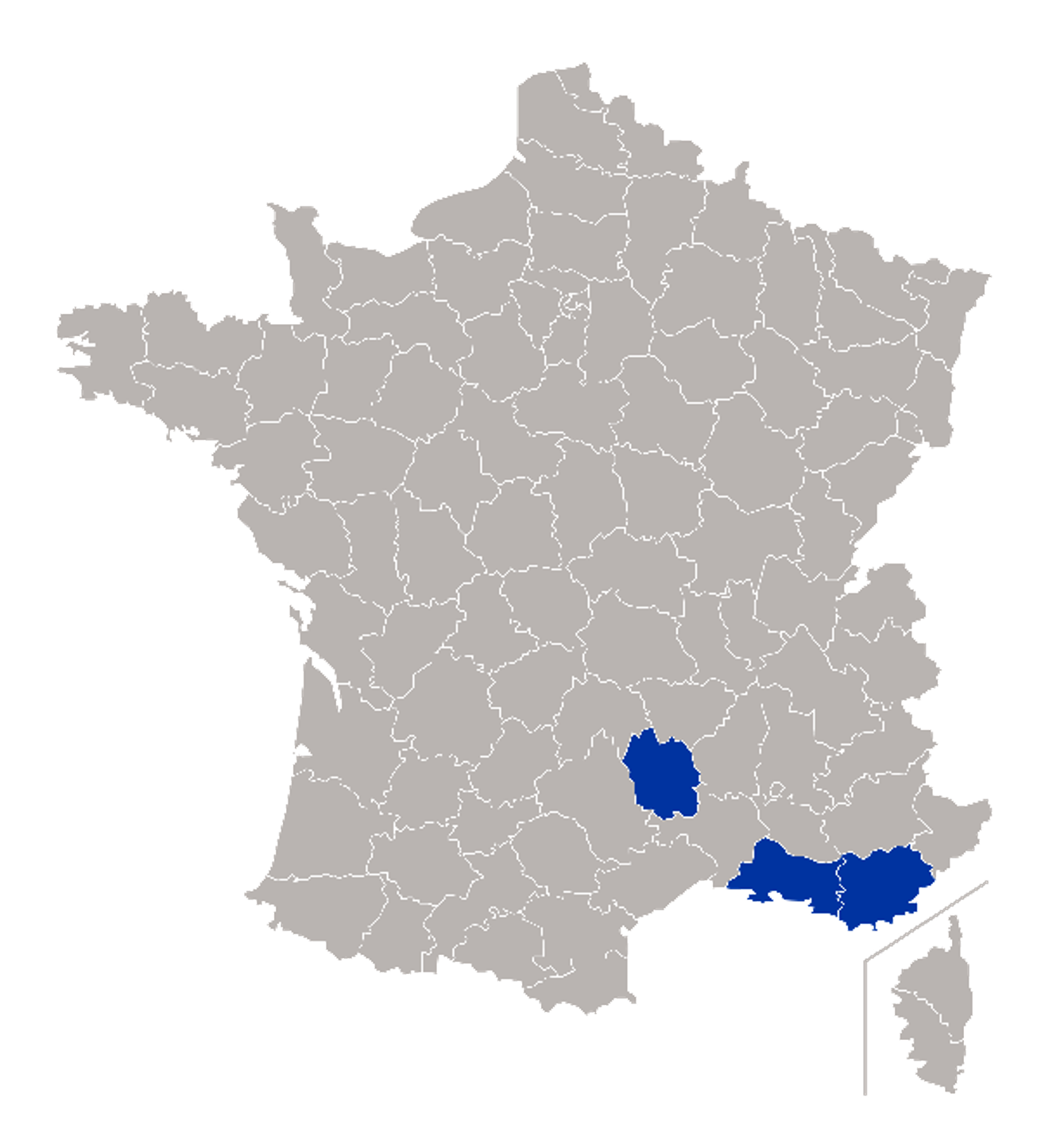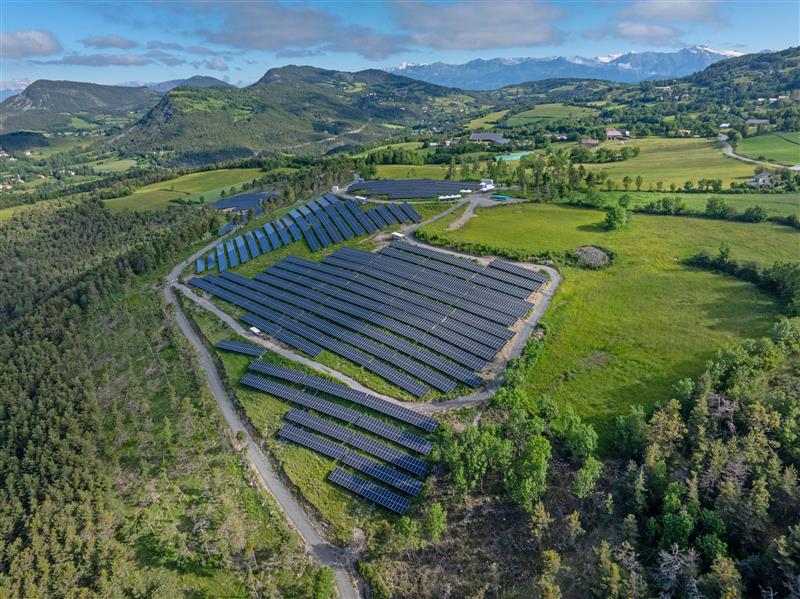Solar power will cover 10% of CERN’s annual electricity consumption from 2027, thanks to three power purchase agreements (PPAs) signed by CERN and French energy providers.
Electricity accounts for about 95% of CERN’s energy use and, under normal circumstances, is procured entirely from France. CERN’s unique array of accelerators, detectors and infrastructure can use up to 1300 GWh/year during operation with beam, with the Large Hadron Collider (LHC) accounting for 55% of the total consumption.
The three PPAs will secure electricity from solar plants in southern France that are planned to total an area of approximately 90 hectares (900 000 m2), equivalent to more than 120 football pitches. All the projects now need to be built, with the aim of supplying electricity to the Organization from January 2027. CERN’s commitment to purchase electricity produced by the solar plants, representing a total of 95 MW peak and 140 GWh/year over a period of 15 years, has enabled the projects to be funded.
“These agreements mark the start of renewable energy at CERN,” explains Nicolas Bellegarde, CERN’s energy coordinator. “The PPAs concern solar plants with an area equivalent to about 40% of CERN’s fenced area, so it would not be possible for a project of this scale to be realised on the CERN site (for instance by equipping suitable building roofs or car parks). Locally we could supply only 1% of our electricity; here we can cover 10% of CERN’s annual electricity consumption when the accelerators are running or as much as 25% during long shutdown periods.”

The first PPA was signed on 21 August and concerns a solar power project in the Lozère department. The second and third PPAs were signed on 30 September and on 13 November and concern solar power projects in the Bouches-du-Rhône and Var departments.
Driven by a commitment to environmentally responsible research, CERN has implemented many initiatives over the years to help reduce the impact of its activities on the environment, including responsible energy management, in line with the ISO 50001 certification requirements. CERN is fully committed to environmental protection and transparent reporting and sets and monitors concrete goals for continuous improvement, as captured in its public environment reports.

